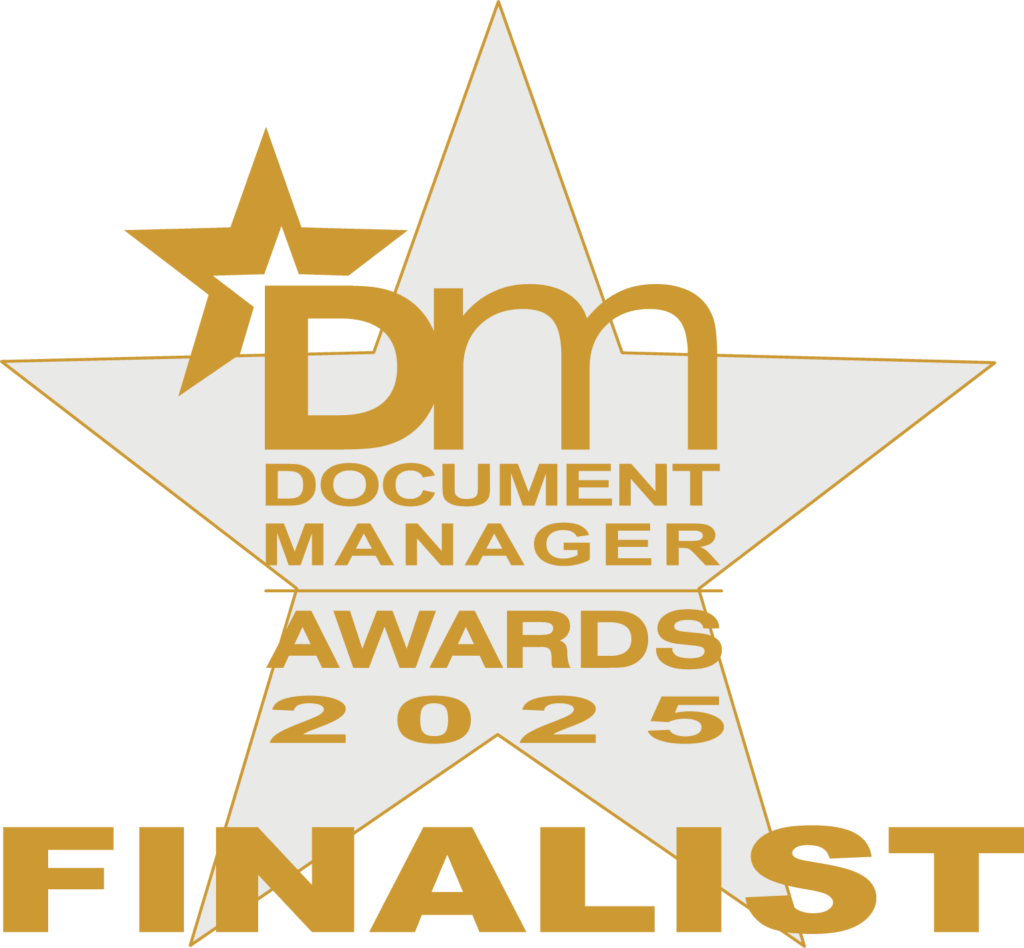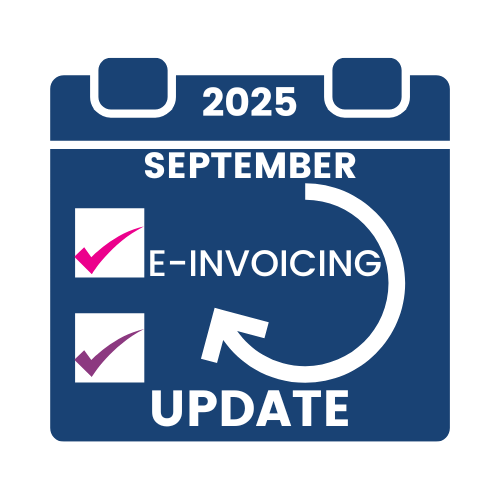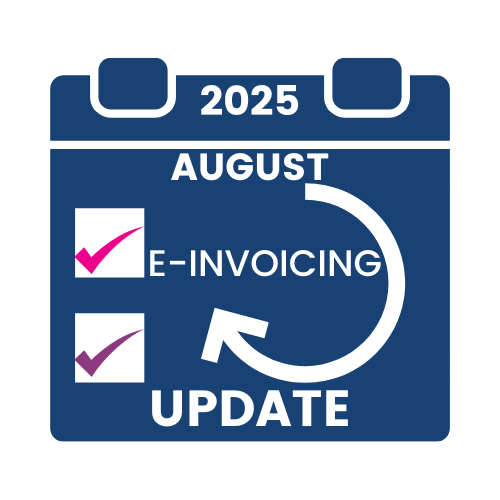Discover an overview of the different types of AI and how they apply to P2P automation.
Purchase to Pay (P2P) automation solutions have been significantly enhanced by artificial intelligence (Ai) in recent years. Innovative Ai technologies are being integrated across various stages of the P2P process to improve efficiency, accuracy, and decision-making. It is important to understand that Ai has been used in automation solutions for almost a decade now, but the advancements of the capability of the technology has opened further opportunity for more automated, intelligent processing.
In the context of purchase-to-pay (P2P) automation solutions, various types of AI can be leveraged to enhance efficiency, accuracy, and overall process optimisation. Here’s an overview of the different types of AI and how they apply to P2P automation:
1. Rule- Based Systems
Application in P2P
- Rule-based systems follow pre-defined rules and logic to automate repetitive tasks.
- Application in P2P:
- Invoice Matching: Automatically matching invoices to purchase orders and receipts based on set criteria.
- Approval Workflows: Routing invoices to the appropriate approvers based on predefined rules.
- Compliance Monitoring: Ensuring that transactions comply with regulatory and policy requirements by cross-referencing them against compliance rules and flagging violations
- Renewal Alerts: Notifying relevant stakeholders about procurement contract renewal dates and renegotiation opportunities.
2. Machine Learning (ML)
Machine learning algorithms learn from data and user actions to make predictions or decisions without being explicitly programmed.
Application in P2P:
- Fraud Detection: Identifying unusual patterns or anomalies in transactions that may indicate fraud.
- Spend Analysis: Analysing spending patterns to identify cost-saving opportunities or supplier performance issues
- Supplier selection: Based on user profiles and activity a list of recommended suppliers is offered.
- Coding: Based on user profiles and activity coding sets are offered for selection
- Data capture: Freeform data capture (no templates) with production auto learning which learns from user actions to enable query free capture
3. Natural Language Processing (NLP)
NLP enables machines to understand, interpret, and respond to human language.
Application in P2P:
- Chatbots: Assisting users with queries regarding purchase orders, invoice statuses, and other related enquiries.
- Document Processing: Extracting relevant information from invoices, purchase orders, and other unstructured documents.
4. Robotic Process Automation (RPA)
RPA uses bots to mimic and automate repetitive human tasks.
Application in P2P:
- Data Entry: Automating the entry of invoice data into ERP systems.
- Reconciliation: Automatically reconciling purchase orders, invoices, and payment records.
5. Intelligent Document Processing (IDP)
OCR/IDP technology converts different types of documents, such as scanned paper documents or PDFs, into editable and searchable data.
Application in P2P:
- Invoice Processing: Extracting data from paper or PDF invoices to digitize and automate the process.
6. Predictive Analytics
Predictive analytics uses statistical algorithms and machine learning techniques to identify the likelihood of future outcomes based on historical data.
Application in P2P:
- Demand Forecasting: Predicting future purchasing needs to optimise inventory levels and supplier orders.
- Cash Flow Management: Forecasting cash flow requirements based on purchase and payment trends.
7. Cognitive Computing
Cognitive computing involves self-learning systems that use data mining, pattern recognition, and natural language processing to mimic the way the human brain works.
Application in P2P:
- Intelligent Decision-Making: Enhancing decision-making processes by providing recommendations based on data insights.
- Supplier Risk Management: Evaluating supplier risk by analysing various data sources, including news articles, social media, and financial and sustainability reports.
- Personalized Dashboards: AI customizes dashboards based on user roles and preferences, ensuring that relevant data and KPIs are easily accessible.
8. Deep Learning
A subset of machine learning, deep learning uses neural networks with many layers to analyse various factors of data.
Application in P2P:
- Advanced Document Processing: Improving the accuracy of data extraction from complex invoices and other documents.
- Enhanced Fraud Detection: Identifying complex fraud patterns that are not easily detected by traditional methods.
- Contract Review and Analysis: Algorithms analyse contract terms and conditions to ensure they are favourable and compliant with company policies.
What can we learn?
AI is set to revolutionise the P2P process by automating repetitive tasks, enhancing decision-making, improving accuracy and compliance, and providing better user experiences. The scalability, cost savings, and sustainability benefits further underscore AI’s transformative potential in the P2P domain. As Ai technologies continue to advance, their impact on P2P will only grow, driving efficiency and innovation in procurement processes





